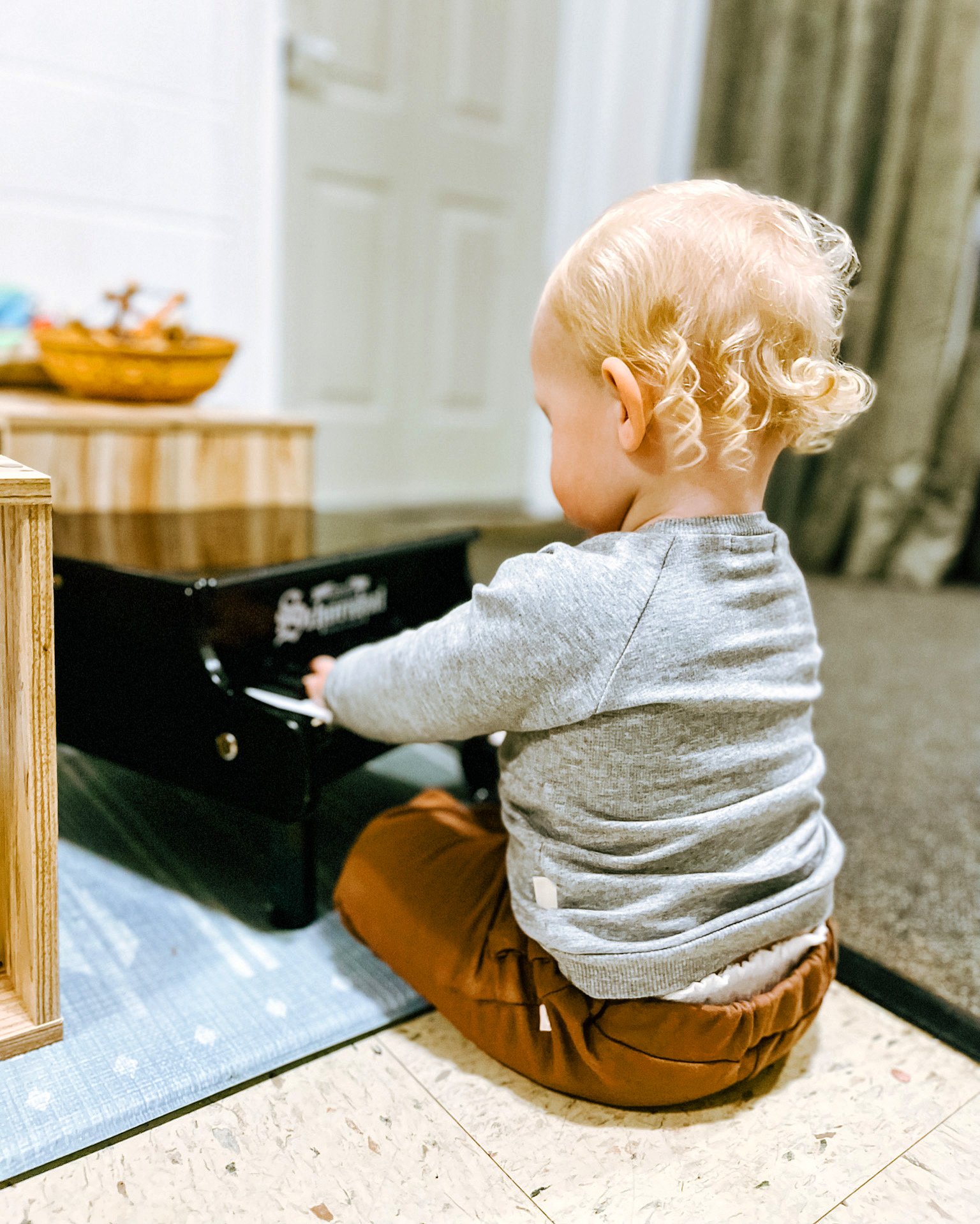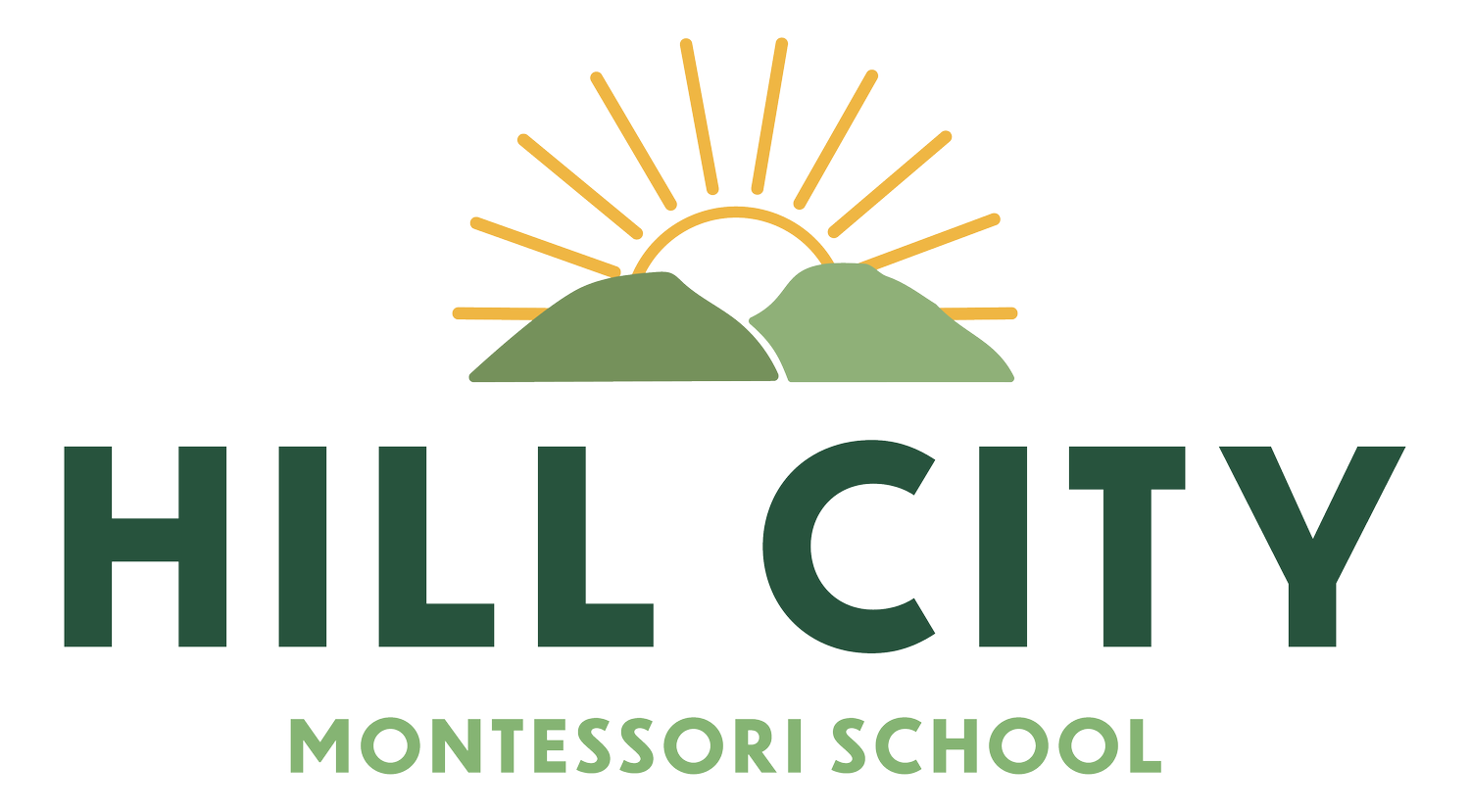
Education designed with the child in mind.
-

Nido and Toddlers, 6 weeks -3 years of age
In a Montessori environment, your infant or toddler will be with teachers—loving, nurturing, and rigorously trained in child development—who create peaceful, supportive, and safe environments for our youngest children.
Montessori Infant & Toddler programs offer so much more than childcare. The classroom design fosters your young child’s emerging independence and desire for exploration. The environments are designed to promote your child’s growth in all areas of development.
Additionally, Our Montessori Infant & Toddler programs provide support and guidance for families through programs that include family education and group experiences.
-

Primary, 3-6 years of age
In a Montessori Early Childhood classroom, highly trained teachers create a customized environment crafted to her unique abilities, interests, and learning style.
This approach to learning is “hands-on.” Dr. Maria Montessori believed (and modern science has affirmed) that moving and learning are inseparable. In the prepared classroom, children work with specially designed manipulative materials that invite exploration and engage the senses in the process of learning.
All learning activities support children in choosing meaningful and challenging work at their own interest and ability level. This child-directed engagement strengthens motivation, supports attention, and encourages responsibility.
-

Elementary, 6-12 years of age
What sets Montessori apart in the Elementary years—ages 6 – 12—is the individually paced curriculum that challenges children academically and safeguards their well-being and sense of self. Engaging as contributing members of a respectful community, they learn to question, think critically, and take responsibility for their own learning—skills that will support them in later education and in life.
As at all Montessori levels, the Elementary program is based on the belief that children learn best through movement and work with their hands, and provides cognitive, social, and emotional support to help them reach their full potential.
This includes addressing their needs as they enter a new period of development characterized by:
A transition from concrete to abstract thinking
Growing interest in socialization
Thinking and memory that is enhanced by creativity and imagination
An interest in fairness, social justice, and compassion
